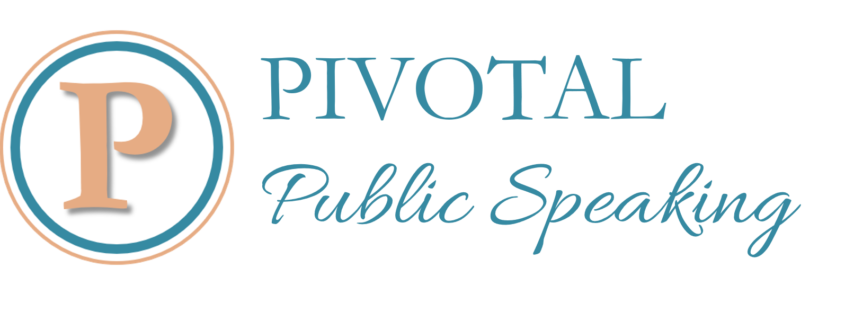Why would you give your audience homework?
How could homework be a gift?
~
Most school children hate homework, or at least see it as a chore.
Why do school children have homework?
I imagine there are many reasons, but one must be to solidify the learning done in school.
Because we learn by doing.
We reinforce theory with practice.
We multiply the learning by applying what we have learned to our own lives.
We take ownership of the learning when we implement it.
~
We take ownership of the learning when we implement it.
~
Spend time in the classroom or with an inspirational speaker, and we take in theory.
We take in enthusiasm, too, hopefully!
We take in the steps to success.
We take those “in”… at the time.
But how far “in” do they go as soon as we leave the classroom
… as soon as the speaker leaves the podium
… as soon as the lesson has ended?
How often have you listened to a motivational speaker, felt motivated … and then several weeks, or even days, later, if someone asked what you were doing differently now, could not remember what his message was or what you had felt so motivated to do????
Clever speakers give their audiences homework.
Caring speakers who really want their audiences to achieve or grow or benefit give their audiences the gift of homework.
They will learn by doing.
They will reinforce theory with practice.
They will multiply the learning by applying what they have learned to our own lives.
They will take ownership of the learning when they implement it.
So if you care about your audience, really want them to change, really want to be of service, what will you ask them to do when they get home after your presentation?




